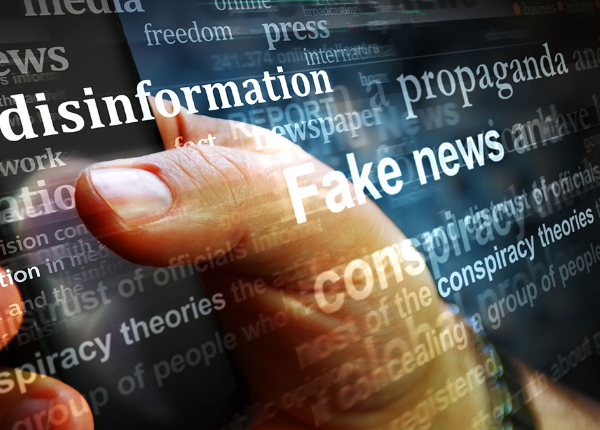Misinformation related to COVID-19 gets more engagement in social media when it comes from political leaders and celebrities, a new study found.
While only 20% of inaccurate or misleading claims came from public figures such as political leaders and celebrities, those posts account for 69% of total social media engagement on the topic. The study, however, said a majority of misinformation came from “ordinary people” and had “far less engagement.”
The study was conducted by J. Scott Brennan and three colleagues from the Reuters Institute for the Study of Journalism at Oxford University in England.
The researchers analyzed 225 samples of misinformation, false or misleading claims related to the current pandemic, which were then rated by fact-checkers. These samples were in the English language, published between January and March 2020 and maintained by First Draft, a non-profit organization working for journalism development.
Fact-checkers across the globe are now experiencing overwhelming situations as they have to respond quickly to a significant increase in the amount of misinformation on COVID-19.
“The number of English-language fact-checks rose more than 900% from January to March,” but still it’s not enough, according to the researchers.
Most of the misinformation claims were about “the actions or policies of public authorities, including government and international bodies like the WHO or the UN” as 39% of the samples studied were related to this category, the study concluded.
The study also found that among the posts and content flagged as false or labeled as misinformation or misleading by fact-checkers, 59% remained on Twitter without warning labels, while the numbers were 27% on YouTube and 24% on Facebook. The social media companies, however, have taken some initiative to address the spread of misinformation, the study found.
To read more: https://reutersinstitute.politics.ox.ac.uk/types-sources-and-claims-covid-19-misinformation
Brennan, J. S., Simon, F., Howard, P. N., & Nielsen, R. K. (2020, April 7). Types, sources, and claims of COVID-19 misinformation. Retrieved from https://reutersinstitute.politics.ox.ac.uk/types-sources-and-claims-covid-19-misinformation








